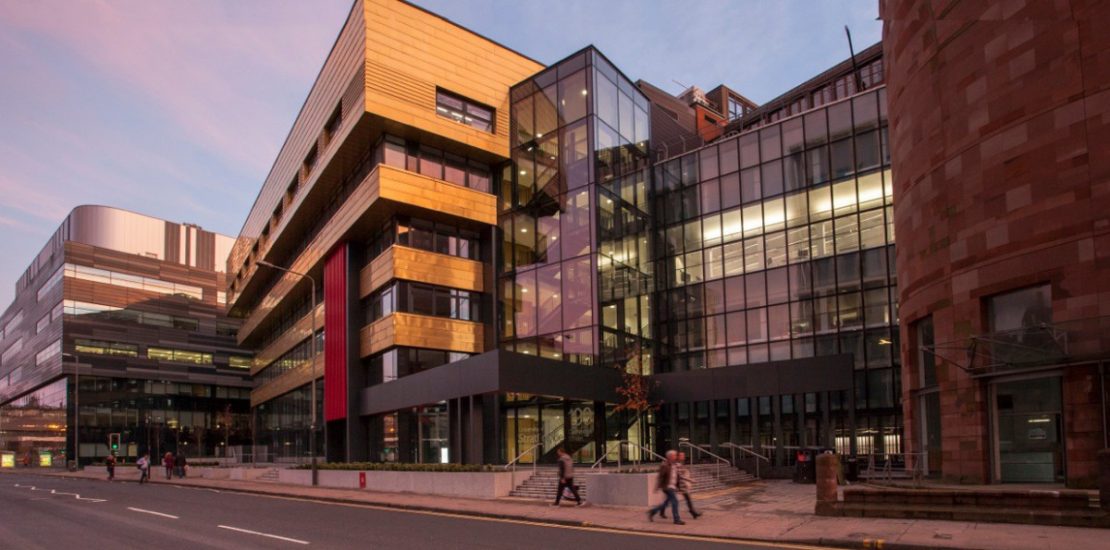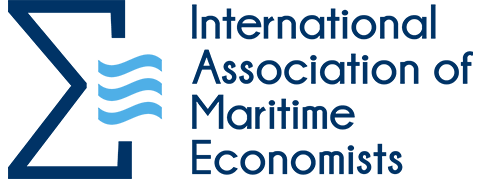- November 7, 2016
- Posted by: Damian Arango
- Categories: Calls, Conferences

The extant management literature argues that both collaborative and external growth strategies allow firms to keep the pace with the new dynamic competitive context, by minimizing firms’ time to market, giving direct access to new knowledge and fostering firm’s expansion (Belderbos, 2003; Yeoh, 2011; Mahmood et al., 2011). Nonetheless, this acceleration in firm’s growth pattern is expected to generate “time-compression diseconomies” which could prevent firms to take full advantage of collaborative knowledge acquisition and creation Therefore, the sustainable growth of firms, requires, among others, careful management of collaborative knowledge creation (Chang, 2011). Specifically, particular attention should be paid to the risk that aggressive and rapid growth collaborative strategies may exhaust absorptive capacity, i.e. the ability to exploit prior experiences to define new information and to build on them in order to create useful knowledge (Cohen and Levinthal, 1990; Simonin, 1999). Even if learning of “how to collaborate” is a tough process, it enables knowledge creation (Feller et al., 2013). However, accelerated collaborative and external growth strategies might equally challenge learning speed, efficiency and effectiveness (Zahra et al., 2000). These issues are particularly relevant for SMEs which are lucking the experience of such practices (Agostini, 2016). In this vein, clear criteria for knowledge appropriability in collaborative environments could avoid opportunistic behaviors and conflicts which are likely to hinder the collaborative effort and have a negative impact of firm growth. These insights suggest the need for a deeper understanding of the relations between existing corporate growth strategies, strategic implementation options, formation of strategic alliances and knowledge management. In this regard, environments experiencing severe competition, new waves of M&A activities, multiple-entry strategies as well as the rise and success of strategic collaborations and alliances in business areas such as transport and logistics, energy, biotechnology and other knowledge-intensive sectors, constitute an ideal field of investigation. Indeed, here the need for managing collaborative knowledge acquisition and creation along with innovative patterns acquires paramount importance (Tsai, 2001; Andersson et al., 2002; McGee and Sammut-Bonnici, 2002; Parola et al., 2015).
For this purpose, a number of mutually related research topics need to be investigated within such collaborative environments, including:
- – Growth strategies, strategic implementation options and knowledge creation
- – Managing knowledge acquisition and creation in alliances, networks and M&A activities
- – Corporate growth and absorptive capacity in collaborative environments
- – Learning how to collaborate in SME contexts
- – The development of specific capabilities for collaborative knowledge acquisition and creation
- – Knowledge creation and best practices in transport and supply chains
- – The problem of knowledge appropriation in collaborative environments
- – Assessment of the benefits and the costs of the newly acquired knowledge
- – Type of knowledge to be acquired and created in collaborative environments
- – Individual and/or organizational factors with an impact on knowledge acquisition and creation
Deadlines and important dates
Deadline for paper submission – 10 January 2017 (2 pm Belgian time)
Notification of acceptance – 14 March 2017
Early bird registration deadline – 12 April 2017
Author registration deadline – 26 April 2017
For any further information, please visit the conference website or contact:
Francesco Parola (University of Genoa, Italy): parola@economia.unige.it
Lara Agostini (University of Padua, Italy): lara.agostini@unipd.it
